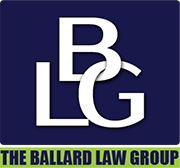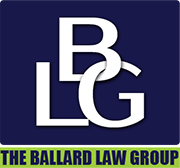Making the decision to file for bankruptcy is a challenging one. But what may be even more difficult is figuring out what type of bankruptcy will best meet your needs. Here’s a synopsis of what a Chapter 7 bankruptcy is, how to know if you qualify for this type of bankruptcy, and who can help you through the process of filing.
Chapter 7 Bankruptcy Defined
A Chapter 7 bankruptcy allows applicants to liquidate nonexempt assets to pay for some of their debts. Whatever is left over is discharged and the applicants are considered to have a clean slate. It may be an excellent option for individuals with a lot of debt who don’t have a lot of assets. But there are some caveats to be aware of:
- You must pass a means test. You must make under a certain amount of money in order to qualify. Or you must have a high debt to income ratio.
- Some debts will not be discharged. Tax debt, student loan debt, and other secured debts are unlikely to be dischargeable. This means you will still owe those debts after the bankruptcy. However, bankruptcy may buy you time to get your finances in order to begin paying down unsecured debts.
Is a Chapter 7 Right for You?
Many people can be helped by a Chapter 7 bankruptcy. If you have a lot of credit card debt, medical bills, personal loans, auto loans, and other types of unsecured debt, a Chapter 7 could help you get rid of this debt without paying all of it.
There’s a common misconception that you have to get rid of all your possessions in a Chapter 7. This includes your house and your car. Most often, very few assets are liquidated for people who qualify, so you won’t need to part ways with the car you need to get to work or your home.
Who Can Help With a Chapter 7 Bankruptcy
While many “DIY bankruptcy” options are available, more often than not, applicants have difficulty filling out the paperwork correctly and listing their assets properly. Any mistakes on your application could cause your case to be dismissed or could cause you to lose property that would have otherwise been exempt.
For help with the bankruptcy process, or just to learn more about how bankruptcy might help you gain steady financial footing, contact the Ballard Law Firm today for a consultation by calling (404) 800-9939.

